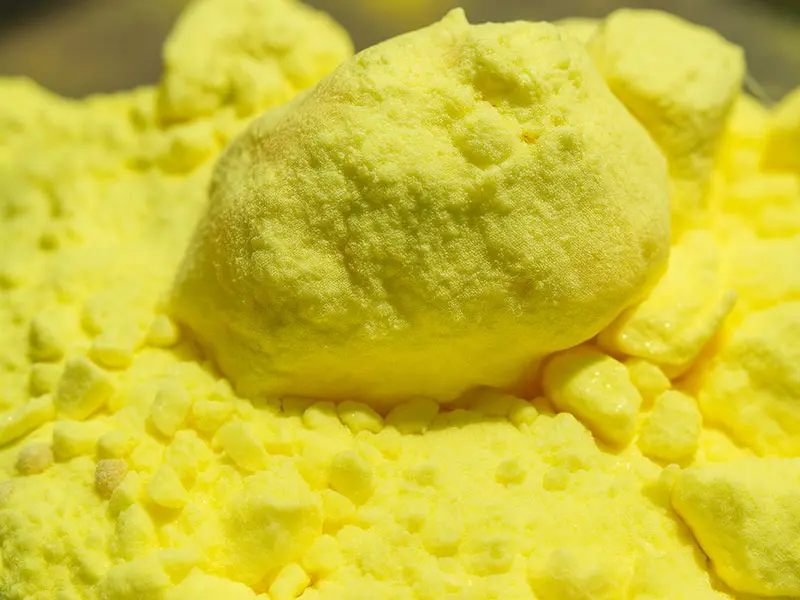
Phone Number
971547394924
Lump Sulphur

Lump Sulphur (also called lumpy sulfur or solid sulfur) is another physical form of elemental sulfur (S₈) — typically produced and traded in large, irregular chunks rather than granules or powder. It’s one of the most common forms used in industry and agriculture.
What Is Lump Sulphur
Production
Lump sulfur is generally produced by:
This process creates large, dense, and stable sulfur pieces — ideal for bulk handling and long-distance transport.
Uses of Lump Sulphur
1. Industrial Applications
2. Agricultural Uses
Growth
Boosts soil health and plant growth with essential nutrients for long-term yield.
Versatility
Supports farming, fertilizer, and construction with multi-purpose raw materials.
Sustainability
High-purity products that maximize output and minimize environmental impact.
Reliability
Trusted worldwide for consistent quality and dependable logistics.